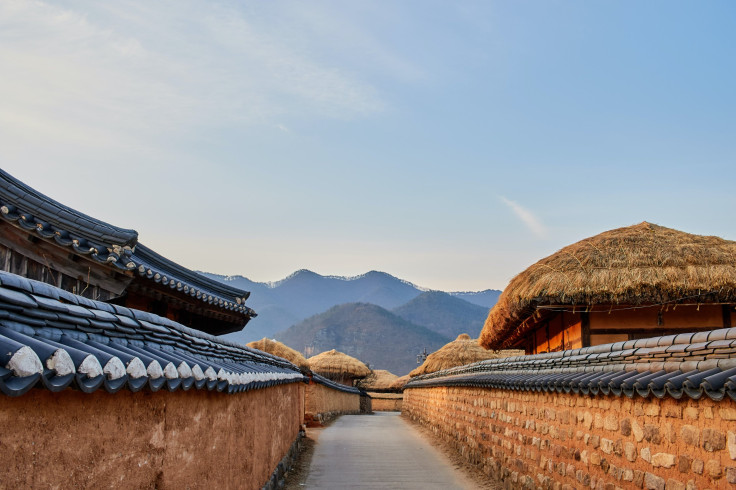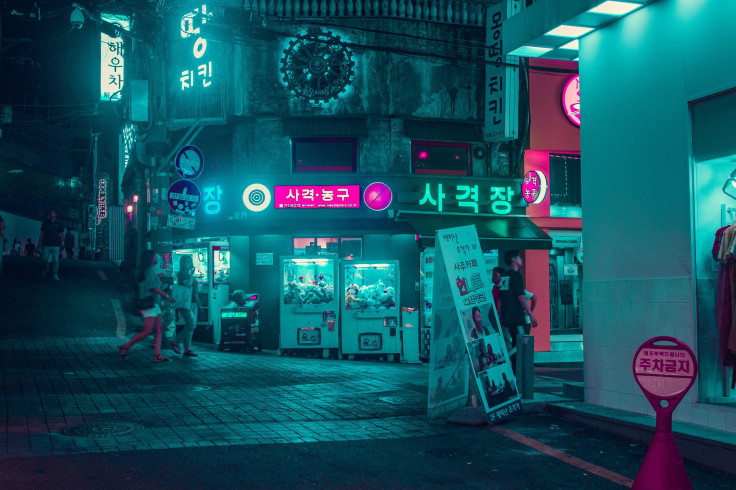In 2022, there's a good chance many Americans (and untold numbers of others around the world) wait with bated breath for their weekly fix of Snowpiercer, currently being streamed by Netflix. But you might be surprised to hear that the first season was not universally loved or even liked. Slate's Matthew Dessem wrote in May 2020, “Snowpiercer doesn't even get out of the station before it goes off the rails.” Collider's Allie Gemmill weighed in with, “While Snowpiercer is not necessarily unwatchable … it's certainly not easy to remain engaged from episode to episode.” Other critics that year called it “disappointing,” “bloated,” and “convoluted.” Overall, Metacritic gave it a Metascore of 55 – meaning mostly ‘mixed’ feelings – and a user score of 6.6, which is decent, but certainly not awesome. Fast forward to July 12 th , 2020, and 3.2 million viewers tuned in for the two-hour Season One finale.
Now in its third season, the series has been renewed for a fourth… and who knows how long the “eternal engine” will continue crisscrossing an icy globe with the last remnants of humankind as they fight to survive or ensure that their nemesis don't. There's a good chance, however, that only the more diehard fans of the TV series know that the show is based on a 2013 film of the same name directed by Bong Joon-ho ( 봉준호 ). Yes... the same Korean director who brought us the Academy Award-winning dark comedy Parasite . Or perhaps you saw his amazingly enchanting 2017 film Okja, which was screened in competition at the Cannes Film Festival.
Bong’s claims to fame include some of the highest-grossing South Korean films in history; movies such as Memories of Murder , Barking Dogs Never Bite , and The Host . In 2020 Bong made Time Magazine’s annual list of the world’s 100 most influential people, and he also got his name on Bloomberg’s list of the top 50. That said, Bong Joon-ho – despite being one of the filmmaking geniuses of our times – doesn't have close to the name recognition he deserves.
The relative lack of international recognition for Korean directors, actors, actresses, and film crews producing TV dramas, movies, and films is unfortunate, as so much top-notch quality content has come out of Korea over the past several decades. The world has yet to fully appreciate the industry powerhouse the country has become. Hopefully, however, the smash hit Squid Game will prove to be the spark that helps light a fire of curiosity for old and new K-content… and let’s just say, once you go ‘K’ you’re unlikely to stray. Luckily, finding great Korean films, dramas, and TV shows is just a quick download away – a Korean drama app with subtitles in as many as 150 languages is offering viewers the choice of an affordable subscription, or free viewing with commercial breaks.
An app like this is just what’s needed to open the floodgates of discovery. People can watch content anywhere and anytime on their smartphones, and with so many subtitle languages available, people across the globe will finally be able to enjoy the full magnificence of the South Korean film and TV industry, which actually goes back to 1956 – just three years after the end of the horrific Korean War – when director Choi Chang Bong made Death Row Prisoner . On December 1 st, 1980, South Korea became the 81st country on the planet to begin broadcasting television shows in color. And while they might have been a little to on-screen pigmentation, they quickly made up for it with colorful stages, a much greater degree of outdoor filming… and a ton of creativity!

The 1980s were the time of megastars such as Choi Myung-gil, and Jang Mi-hee. In 1988, South Koreans crazy about the hit show Sand Castle (written by the highly esteemed Kim Soo-Hyun, and starring Park Geun-Hyung, Kim Hye-ja, and Kim Chung-Eun) essentially forced a TV station to broadcast one of the series’ shows instead of the Olympics that were being held in Seoul at the time. The late 1990s saw the Korean film and television industry turn retrospective, while also producing some comedic works that skewered patriarchal family values. The Trap of Youth in 1999 is the tale of a woman avenging a man who betrays her. The line, “I'm going to destroy everything,” uttered by Trap of Youth villain Seo Yoon-hee (played by Shim Eun-ha) is still used by some in Korea as a punchline or for dramatic purposes. As the years rolled on, K-content just kept getting better. It’s hard to believe that Dae Jang Guem , a story set during the reign of the Joseon Dynasty in the 1400-1500s that tells the tale of an orphaned cook who becomes the King's first female physician became a phenomenon in Iran, but it did, earning an audience rating in that conservative Islamic country of over 80%. That same drama was exported to more than 60 countries and is widely credited with helping kick off what some call the first Korean Wave. Continuing to innovate through the 2010s and into the 2020s, Korean dramas have evolved new genres, such as ‘romance fantasy,’ which, as the name suggests, combines a world of highly unrealistic fantasy with romance. These shows feature aliens or goblins and despite the novel premises, have turned out to be home runs.
So many of these amazing movies, short films, documentaries, TV series, dramas, etc., are now available via a simple app that provides an inexpensive subscription model or the option of watching content for free with commercial breaks. And as noted above, it doesn't matter if you are in Iran or China, there are subtitles for your nation or region. Expect a new explosion in popularity as younger people discover old and new content from Korea and fuel a second ‘Korean Wave.’ Additionally, the app also has content from across Asia, from Thai ghost stories to Taiwanese soap operas, so there’s plenty to discover. And – to end where we began – with Snowpiercer , director Bong’s 2013 post-apocalyptic science-fiction action film really should be on the viewing list of anyone who enjoys the TV series, as director Bong's version is substantially darker and features a cast that includes Tilda Swindon and Ed Harris, among a cast of many other remarkably talented people. But neither the movie nor the TV series would have ever existed if director Bong Joon-ho had not – in 2005 – sat down at a comic book store near Hongik University and read the entire French graphic novel series Le Transperceneige, on which his movie and the TV series are based. Bong’s imagination has taken him and his films to great heights… but there are so many more awesome Korean directors, actors, and shows to be discovered. Here’s to hoping the world finds them soon.

















